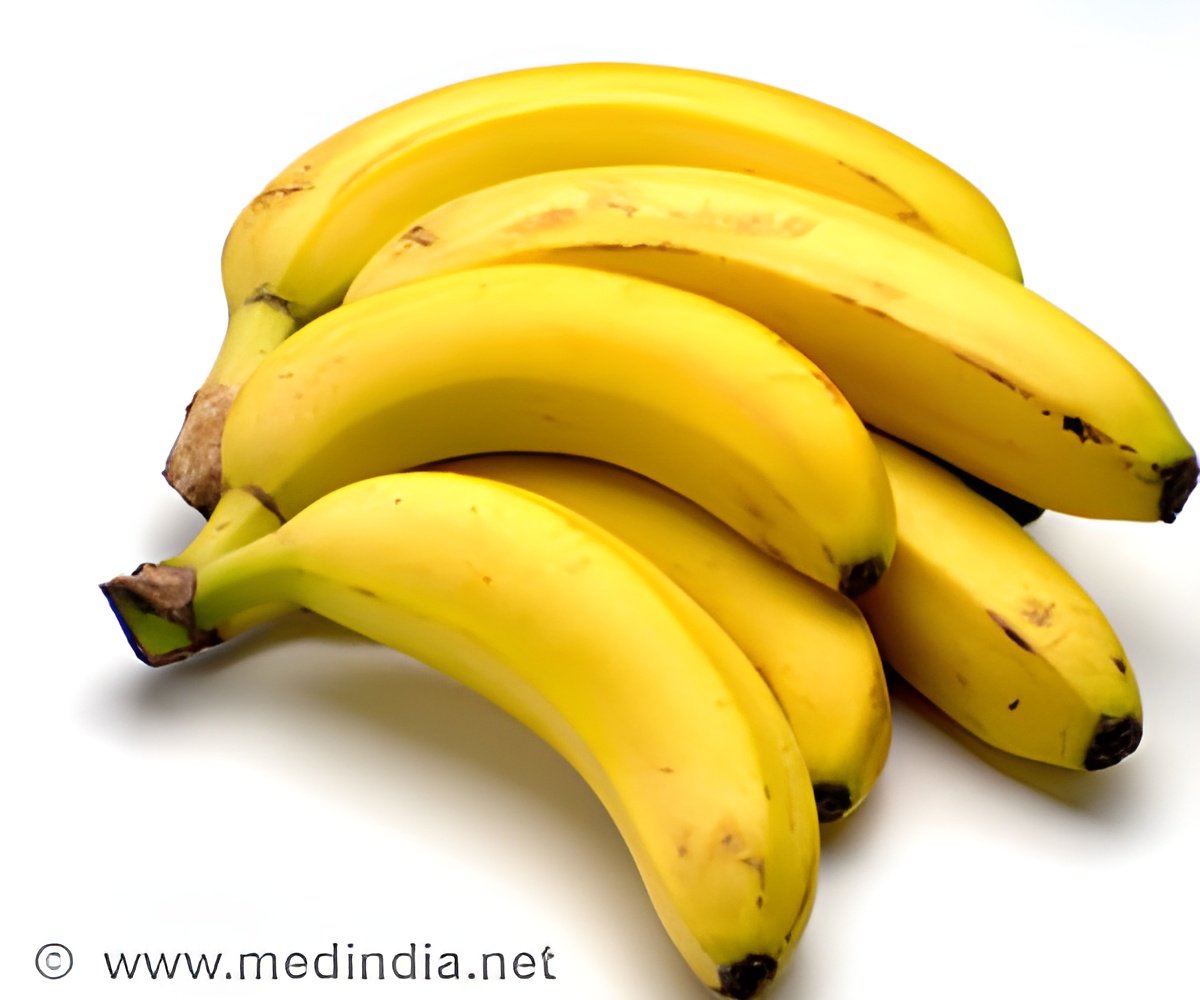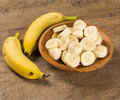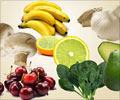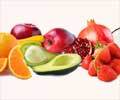There may be some hope for bananas after all with French researchers successfully managing to sequence the banana genome.

The achievement opens the way for developing better banana crops that are naturally resilient against parasites and other stresses.
"The banana is very important, especially for tropical and subtropical countries," the Discovery News quoted Angelique D'Hont, a geneticist at CIRAD, an agricultural research center in Montpelier, France, as saying.
"Because the future of the banana is in danger, the sequence will help to produce resistant bananas and avoid the utilization of pesticides. It will be much easier now to identify genes which are important," D'Hont stated.
To decipher the banana's genetic strengths and weaknesses, D'Hont and a large group of colleagues spent two years sequencing a variety of banana called Musa acuminate, which is a simpler relative of the Cavendish.
Once they put together the sequence, the researchers discovered several genes that may be involved in pest resistance.
Advertisement
Putting together the sequence took so long because, compared to many other crops, the banana genome is extremely complex. Even though all bananas are clones of each other, the original gene forms that came from mother and father plants remain different from each other-unlike in seeded crops that tend to become inbred, said Simon Chan, a plant biologist at the University of California, Davis.
Advertisement
The variety of banana used in the new study had just two of each chromosome, making it simpler than the Cavendish. But by finally deciphering its sequence, scientists will be able to move on to our beloved breakfast fruit and compare the differences.
Knowing the genetic sequence of bananas is a major step toward isolating key genes that will eventually lead to a better banana, Chan said. Future varieties may be able to resist both droughts and diseases, while still tasting good and travelling well.
Those developments are especially important in the developing world, where starchy varieties of bananas supply substantial amounts of calories to the human diet, especially in Uganda and other East African countries. There, Chan said, losing the banana crop would be a humanitarian disaster.
Source-ANI



![Genetically Modified Food / Genetically Modified Organism [GMO] Genetically Modified Food / Genetically Modified Organism [GMO]](https://images.medindia.net/patientinfo/120_100/Genetically-Modified-Food.jpg)










